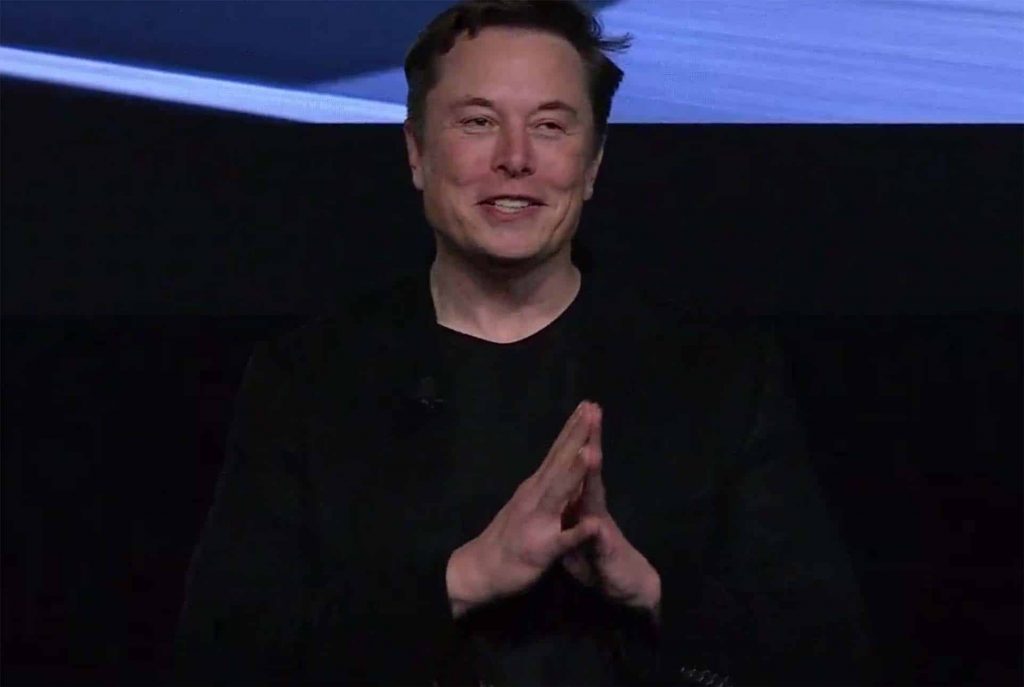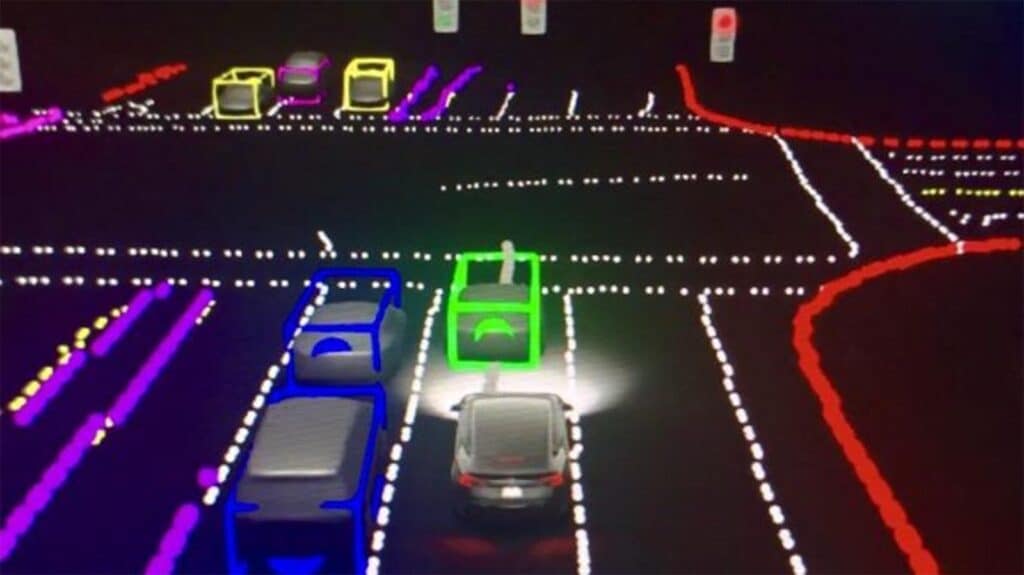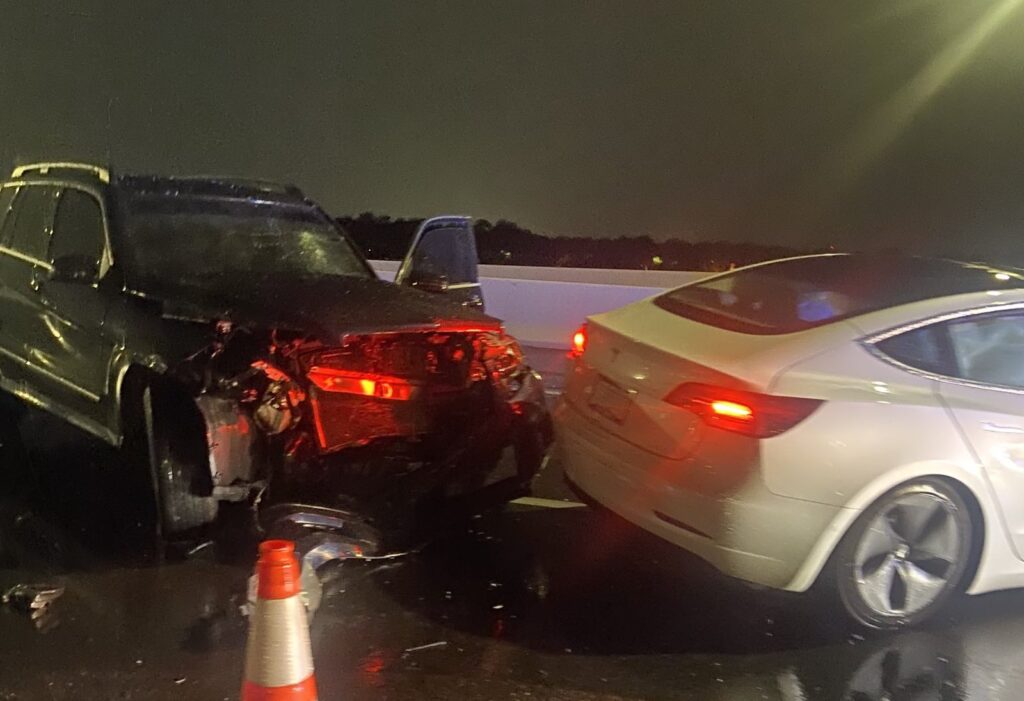In case anyone isn’t clear about how important the success of Tesla’s Full Self-Driving technology is to the company’s long-term survival, CEO Elon Musk offered his rather succinct view on it.

“That’s really the difference between Tesla being worth a lot of money, and being worth basically zero,” he said.
Musk sat down for a lengthy three-part interview with three representatives of the Tesla Owners Silicon Valley and confirmed just how valuable he believes the company’s autonomous technology is: about $724 billion, using today’s closing stock price of $699 a share.
The company’s CEO has repeatedly set and missed targets for full implementation of FSD, including saying it should be better than human drivers by this fall. To be fair, that’s not the same has having approval from federal safety regulators to begin using it without restriction.
Not just Tesla
While Musk’s thoughts might seem an extreme point of view about the company’s autonomous technology, he doesn’t think it’s just Tesla that faces extreme headwinds among the startup automakers currently rolling into the market like Rivian, Lucid, Fisker, et al.

He believes new auto companies face an enormous task in overcoming the advantages of legacy automakers. Musk points out in the interview Ford, General Motors, Toyota and others can generate revenue not just from vehicle sales, but also the sale of parts to keep those vehicles running.
Automakers make very little or nothing on their new vehicle sales, he said he was told once by an analyst, but that all the profits come from the 80% of their vehicles on the road that are no longer under warranty, needing a variety of high-margin parts to keep those vehicles up and running.
Since new EV makers don’t have this built-in stream of revenue, they must charge more for their vehicles. If they want to sell those pricey new vehicles, they need to ensure they offer more than the competition, particularly electrification and autonomy.
“In the absence of their being a fundamental technology discontinuity in the form of electrification and autonomy, both of them together, I think a new car company cannot succeed,” he said.

He backtracked a bit allowing it would be “difficult” to flourish, but ultimately said having those two technologies at the same time and working better than what consumers can get from legacy automakers as well as other new players is the only way to survive.
“The only way for a new car company to succeed is to charge a lot more than competitors,” Musk said. “The product must be so compelling that people are willing to pay the premium above the incumbent car makers. Without electrification and autonomy this does not succeed.”
Tesla’s tech still not making the grade
Despite Musk’s insistence that Autopilot, the company’s semi-autonomous technology, and FSD are the keys to its future, recent statistics reveal there is a long way to go. A report from the National Highway Traffic Safety Administration released Wednesday revealed that Tesla’s Autopilot technology was involved in 273 of 392 crashes of vehicles using Level 2 technology between July 2021 and last month.
The news was just another blow to the company and its Autopilot, which is at the heart of multiple safety investigations by federal safety regulators. Perhaps the most notable are the 17 crashes involving Tesla vehicles crashing into parked emergency vehicles while Autopilot was engaged.
Honda accounted for 90 of the crashes, and there were a dozen automakers overall that have vehicles involved in crashes. California was the top state for these types of incidents, according to NHTSA. Waymo had the most crashes involving fully autonomous vehicles with 64 and GM’s Cruise subsidiary was second with 23, the agency reported.







